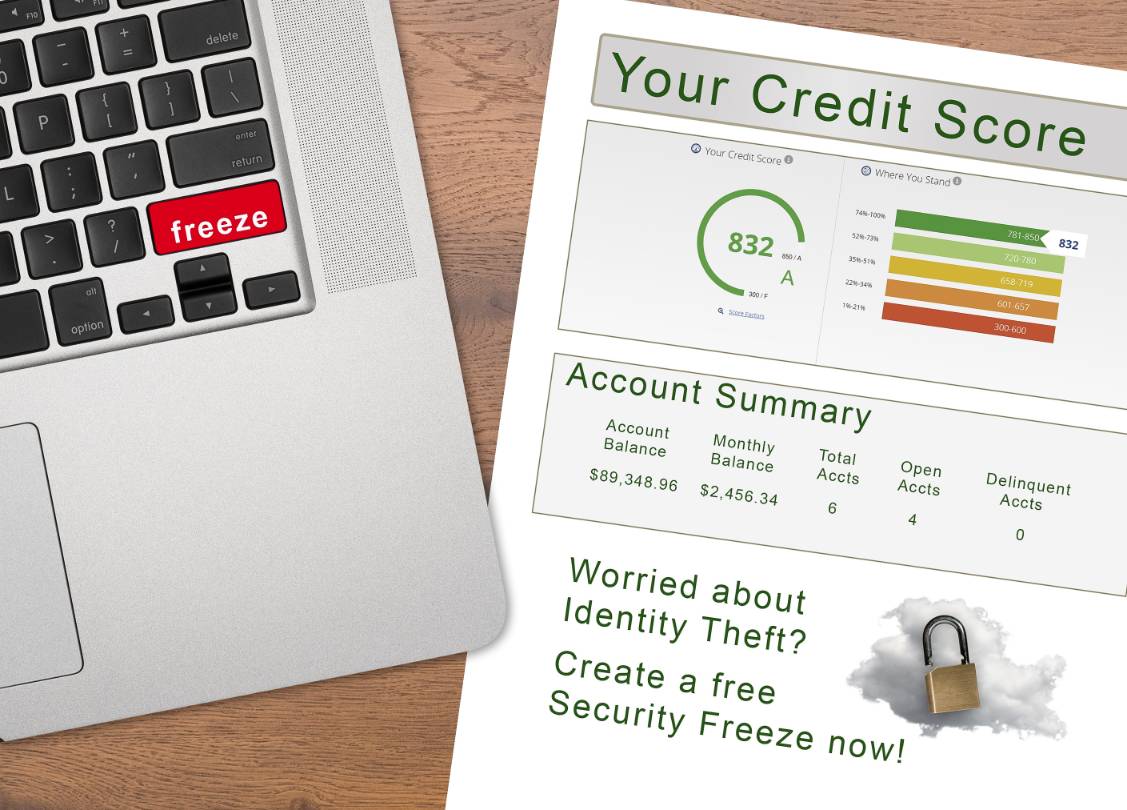A ‘fair’ credit score is an average score, with a fair FICO score being in the range of 580 to 669, and a fair VantageScore score in the range of 601 to 660.
Having an average score means that you will qualify for most financial products. However, you might face issues getting the best terms and rates, and you may find yourself Googling “how much does credit repair cost.” Read on to learn more about fair credit scores and how to improve them.
What Does a Fair Credit Score Mean?
A fair credit score generally means that you are above poor credit but below good credit. Therefore, it makes you a subprime borrower, meaning your score is less than what is often desired by lenders.
Lenders prefer those with higher scores since they are less likely to fall behind on their payments than a person who has a lower score.
What Are the Five Levels of Credit Scores?
Typically, credit scores range from 300 to 850. Within this range, they fall into five brackets: poor, fair, good, very good, and excellent. Here’s what each range specifically means:
800 to 850: Excellent
Borrowers in this range are most sought after by lenders. They are considered to be low-risk borrowers, and therefore, they do not face difficulties acquiring loans.
740 to 799: Very good
Individuals in this range have demonstrated a history of positive credit behavior and may have an easier time being approved for additional credit.
670 to 739: Good
Lenders generally consider those with a credit score of 670 or above to be relatively low-risk.
580 to 669: Fair
Individuals in this category are labeled as ‘subprime’ borrowers. Lenders consider them to be somewhat high-risk, and therefore, they might not be able to qualify for new credit easily. Many folks may wonder if 650 is a good credit score; technically, it falls into the ‘fair’ category.
300 to 579: Poor
Individuals in this category face severe difficulties in acquiring loans and credit. Therefore, if you are in the poor category, you have to take certain steps to improve your credit score before you can qualify for new credit.
Can You Get a Loan With Fair Credit?
When you apply for a loan, lenders assess your financial health and credit profile before making their decision. The most favorable loan terms are reserved for those who have an excellent credit score.
A fair credit score–one between 580 and 669–doesn’t necessarily mean you won’t get approved for funding. However, you can expect slightly higher interest rates, shorter loan terms, and in some cases, higher fees.
Moreover, because many lenders prefer those with higher scores, you may have to do some research to find a favorable lender for yourself. In this regard, online lenders tend to be lenient, but they often charge higher fees in return for the flexibility they offer.
What Impacts Your Credit Score?
Your Payment History
This is often the most important factor. It notes whether you have made your payments on time or if you have missed them.
How Long You Have Used Credit
A long history of credit usage, measured by the age of the accounts in your credit report, can help your credit score.
Recent New Credit Activity
New credit applications might hurt your score. However, this is generally a temporary setback and if you make sure to keep repaying your dues on time, you will be fine.
How to Improve a Fair Credit Score
Pay Your Bills on Time
A steady track-record of on-time credit and loan payments will have a positive impact on your credit score.
Review Your Report for Errors
Closely review the information in your credit reports. If you spot inaccuracies, you should contact the lender reporting the information. You have the right to dispute the items on your credit report–a credit repair company can do this for you.
Pay Off Your Credit Card Balance
If you are carrying a large balance against your card’s limit, paying it off can be a quick fix for your credit score.
In Summary
A fair credit score is one that lies between 580 and 669. While a score in this range is not too bad, it’s not great, either, and you should expect difficulty in securing good loan terms if you’re in this range. We recommend working with a professional credit repair service like The Phenix Group to improve your credit profile and help you secure better loans!
Curious about how much credit repair companies charge? Check out our latest post!

